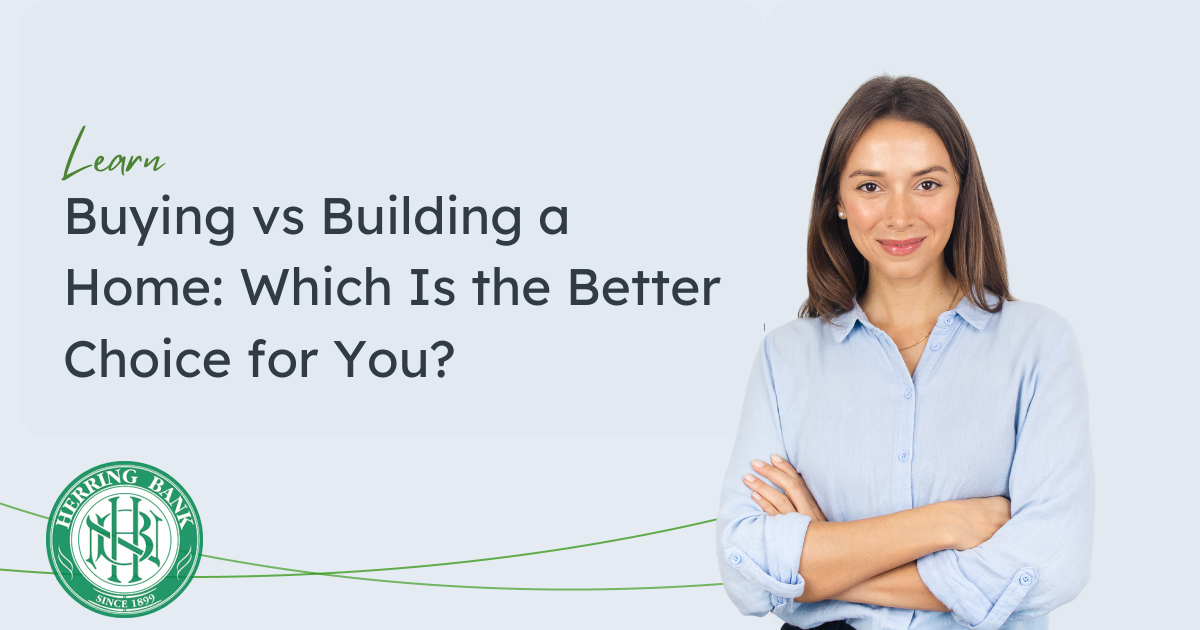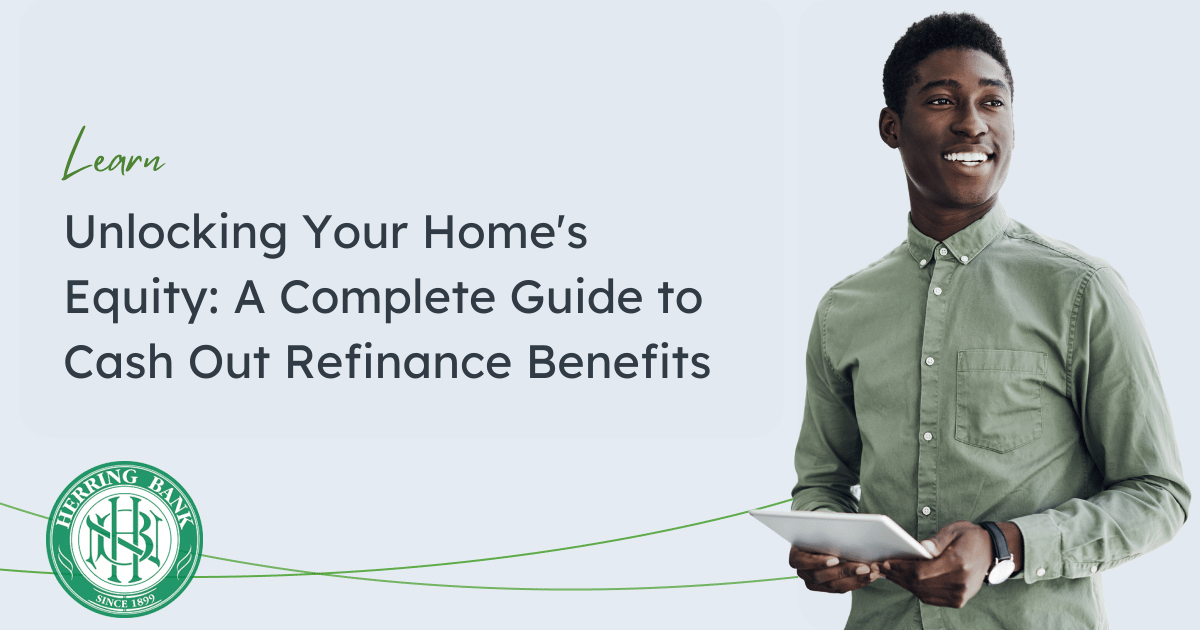
Buying vs Building a Home: Which Is the Better Choice for You?
Home buyers face a significant financial and personal choice when deciding between buying an existing home and building a house. Both options come with distinct pros and cons that depend on factors like budget, timeline, and customization preferences. This article will guide you through a comparison of buying versus building a home to help you make an informed decision.
| Factors | Buying a Home | Building a Home |
|---|---|---|
| Initial Cost |
Lower upfront cost |
Higher upfront cost due to construction |
| Customization |
Limited |
Full customization |
| Timeline |
Move-in ready within 30-45 days |
Takes 7-12 months or more to build |
| Energy Efficiency |
Often less energy efficient |
Built with modern energy-saving features |
| Long-term Maintenance |
Potential for repairs |
Lower maintenance in early years |
| Resale Value |
Dependent on market conditions |
Typically higher, but subject to market trends |
Understanding Your Options
Buying an Existing Home
Opting for an existing home can be a convenient and cost-effective choice for many homebuyers. In a buyer's market, you may have significant negotiating power, making it easier to find a good deal on an existing home. One of the primary advantages is the ability to move in quickly, often within 30-45 days of closing. This is particularly beneficial for those who need to relocate swiftly due to work or other commitments. Additionally, existing homes usually come with a history of inspections and appraisals, giving you a clearer picture of the property’s condition and value. However, it’s important to note that existing homes might require some renovations or repairs, and you may need to compromise on certain design elements or layouts that don’t perfectly match your preferences.
Building a New Home
Building a new home offers the unique opportunity to create your dream home from the ground up. A new house built with modern materials and updated environmental standards can minimize the need for costly renovations and repairs. This process allows you to work closely with home builders to design a space that meets your specific needs and preferences. Modern building materials and techniques can be incorporated to enhance energy efficiency and sustainability, potentially leading to lower utility bills and a reduced environmental footprint. However, building a new home can be more expensive and time-consuming compared to buying an existing house. You’ll need to secure a construction loan to finance the project, and the entire process can take several months to complete.
Key Differences Between Buying and Building a Home
Cost Comparison
One of the most significant differences between buying and building a home is the overall cost. The average sales price for newly built homes is $644,750, though many homes are available for less. In 2023, the average cost to build a new house was around $421,000, while the median price for purchasing an existing home was approximately $415,000.
Although the difference may seem minimal, building costs tend to vary more depending on the size, location, and customization level of the project. Additionally, building a house requires separate costs for land, permits, materials, and labor, often making it more expensive than buying.
Timeline and Convenience
When it comes to moving in quickly, buying a home is usually the best option. After your offer is accepted, you can move in within 30 to 45 days. On the other hand, building a house can take 7 to 12 months, depending on the complexity of the construction and any potential delays. Unexpected costs, such as rising material prices and labor shortages, can further extend the timeline and inflate the budget.
Pros of Buying an Existing Home
Faster Move-in Process
One of the most attractive aspects of buying an existing home is that you can move in almost immediately after closing. This is especially beneficial for families or individuals with tight schedules, such as those relocating for work or needing to move before the start of a school year(
Established Neighborhoods
Buying an existing home often means moving into a well-developed community with established infrastructure. Schools, parks, public transportation, and other amenities are typically already available, making the transition smoother for families(
Lower Upfront Costs
Buying an existing home generally has lower upfront costs compared to building. You won’t need to purchase land, pay for construction, or deal with the numerous permits required for building. Additionally, existing homes usually come with mature landscaping, saving on extra expenses for outdoor setup.
Cons of Buying a Home
Limited Customization
With an existing home, you’re limited to the features and layout that are already in place. While some renovations are possible, significant changes can be costly and disruptive.
Potential Hidden Maintenance and Unexpected Costs
Older homes often come with unforeseen maintenance issues, such as HVAC repairs, roof replacements, or outdated plumbing. These repairs can add to the long-term cost of the home, making it a less budget-friendly option.
Pros of Building a Home
Full Customization
Building a home gives you complete control over every detail, from the layout to the finishes. Whether you want energy-efficient systems or specific design features, building allows you to create a home that matches your exact preferences.
Energy Efficiency and Building Materials
A new house is often constructed with the latest materials and technology, making it more energy-efficient. This can lead to lower utility bills and reduce your environmental footprint in the long run.
Lower Maintenance Costs
Since everything in a new home is brand new, maintenance costs are typically lower, especially in the first few years. This can save money on costly repairs like replacing a roof or upgrading electrical systems.
Cons of Building a Home
Higher Initial Costs
Building a home typically comes with higher upfront costs, including the price of the land, construction materials, permits, and labor. On average, building a home is about $34,000 more expensive than buying an existing one
Longer Wait Time
The building process is significantly longer than buying an existing home. Delays due to weather, permit approvals, or supply chain issues can extend the timeline even further.
Financing Options for Buying vs Building
Buying a Home
When buying a home, you’ll likely need a traditional mortgage. Interest rates for home loans are typically lower than those for construction loans, making buying a less expensive financing option.
Building a Home with a Construction Loan
Building a home requires more complex financing, such as a construction loan and potentially a land loan. These loans often come with higher interest rates and require a larger down payment. Additionally, once the home is completed, the construction loan typically needs to be converted into a traditional mortgage. According to data from national associations like the National Association of Home Builders, these financing complexities significantly impact overall building costs and buyer decisions.
Resale Value and Market Trends
Buying a Home
The resale value of an existing home largely depends on market trends and location. Established homes in popular neighborhoods tend to appreciate over time, though older homes may require renovations before they can be resold.
Building a Home
A new house typically offers better resale value due to modern amenities and energy-efficient systems. However, the location of your build can significantly impact its future value. If you build in an area with growing demand, your investment is likely to pay off in the long run.
Making a Decision
Factors to Consider
When deciding between buying an existing home and building a new one, several key factors should be taken into account:
- Location: The location of the property is crucial. If you have specific requirements, such as being in a particular school district or close to your workplace, buying an existing home in a well-established neighborhood might be more suitable.
- Budget: Assess your budget to determine whether you can afford the purchase price of an existing home or the construction costs of a new one. Remember that building a new home often requires a larger down payment and additional expenses like property taxes and homeowners insurance.
- Timeframe: Consider your timeline for moving. If you need to move quickly, buying an existing home is likely the better option. However, if you have the luxury of time, building a new home can be a more fulfilling experience.
- Customization: Think about how important customization is to you. If having a home tailored to your specific needs and preferences is a priority, building a new home is the way to go.
- Resale Value: Evaluate the potential resale value of the property. New homes often have modern amenities and energy-efficient features that can be attractive to future buyers, potentially offering a better return on investment.
- Environmental Concerns: If sustainability is important to you, building a new home allows you to incorporate energy-efficient features and eco-friendly building materials, reducing your environmental impact.
- Homeowners Association Fees: If you’re considering an existing home in a development with a homeowners association (HOA), factor in the ongoing fees and what they cover.
- Lead Paint and Asbestos: Be aware of potential hazards like lead paint and asbestos in older homes, and consider the cost of remediation if necessary.
- Property Taxes: Research the property taxes in the area and include them in your budget calculations.
- Real Estate Agent: Working with a real estate agent can provide valuable guidance and help you navigate the complexities of buying or building a home.
By carefully weighing these factors, you can make an informed decision that aligns with your needs and priorities, ensuring that your new home—whether bought or built—meets your expectations and lifestyle.
Emotional and Lifestyle Considerations
When deciding between buying an existing home and building a new one, it’s essential to consider the emotional and lifestyle implications of each option. Buying an existing home can be a more straightforward process, allowing you to move in quickly and start enjoying your new space. This can be particularly appealing if you have a busy lifestyle or need to relocate swiftly. However, you may have to compromise on certain design elements and layouts, which can be a significant emotional investment if the home doesn’t perfectly match your vision.
On the other hand, building a new home offers the unique opportunity to create your dream home from the ground up. This process allows for full customization, enabling you to design a space that perfectly suits your needs and preferences. However, building a new home can be more time-consuming and stressful, requiring you to make numerous decisions and deal with unexpected costs. The emotional toll of managing a construction project and the potential for delays can be challenging.
Ultimately, the decision between buying and building a home depends on your individual priorities and lifestyle. If you value convenience and speed, buying an existing home may be the better option. However, if you’re willing to invest time and effort into creating your dream home, building a new one may be the way to go.
Tips for Buying or Building
Whether you’re buying an existing home or building a new one, there are several tips to keep in mind to ensure a smooth and successful process.
- Work with a reputable real estate agent: A good agent can help you navigate the home-buying process and provide valuable insights into the local market. They can also assist in finding the right property or builder that meets your needs.
- Get pre-approved for a mortgage: Before starting your home search, get pre-approved for a mortgage to know how much you can afford and to make your offer more attractive to sellers. This step is crucial for both buying an existing home and securing a construction loan for building a new one.
- Consider your lifestyle: Think about your daily routine and how it will be affected by your new home. For example, if you work from home, you may want a dedicated office space. Consider the layout and features that will best support your lifestyle.
- Research the neighborhood: Look into the local schools, transportation options, and community amenities to ensure they meet your needs. This is important whether you’re buying an existing home or building a new one, as the location will impact your daily life and property value.
- Inspect before you buy: If you’re buying an existing home, consider hiring a home inspector to identify any potential issues or defects. This can save you from unexpected costs and repairs down the line.
- Plan for unexpected costs: When building a new home, be prepared for unexpected costs and delays. Make sure to budget accordingly and have a contingency plan in place. This can help you manage the financial and emotional stress of the building process.
- Choose the right construction loan: If you’re building a new home, research different construction loan options and choose one that meets your needs and budget. Construction loans often have higher interest rates and require a larger down payment, so it’s important to understand the terms and conditions.
- Don’t forget about property taxes: When buying or building a home, remember to factor in property taxes, which can vary significantly depending on the location and value of the property. This is an ongoing expense that should be included in your budget.
By following these tips, you can ensure a successful and stress-free home-buying or building experience. Whether you choose to buy an existing home or build a new one, careful planning and consideration will help you achieve your goal of finding the perfect home.
Conclusion: Should You Buy or Build a Home?
The decision to buy or build a home comes down to personal preferences, budget, and timeline. If you need to move quickly or want to avoid the stress of construction, buying a home may be your best option. However, if customization and energy efficiency are your priorities, building a new home offers a unique opportunity to create a space tailored to your needs.






